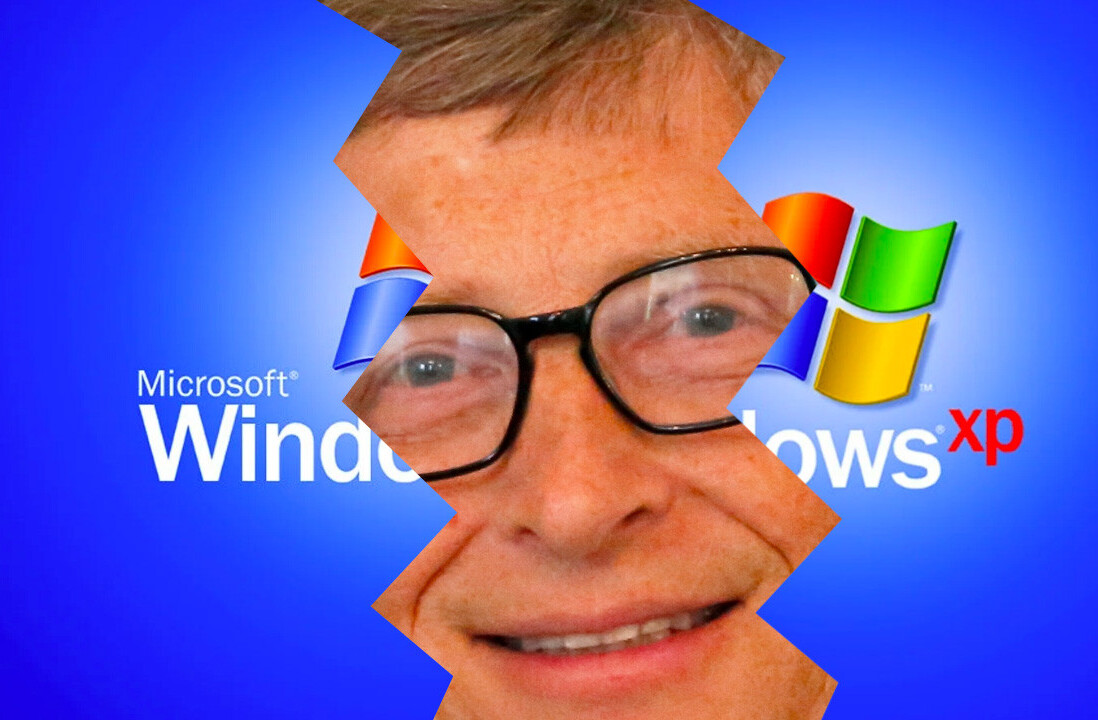
It was inevitable. The Zune brand is slowly being phased out as Microsoft gears up for the launch of Xbox Music later this year. The most recent letter, sent out to users late last week, announced that a number of features are being dropped, including mixview playback and channel playlists, apps for the Zune HD and the re-activation of old music purchases.
Subscribers to the Zune Music Pass – Microsoft’s take on music streaming – are so far unaffected though.
“The changes will NOT affect music streaming or downloading as part of Zune Music Pass, impact songs that you have purchases from Zune Marketplace, or change your ability to stream music videos on Xbox 360,” the letter reads.
It won’t be long, however, until the Zune Music Pass service is closed too. A short Q&A page on the Zune website implies that all existing customers will automatically be moved across to Xbox Music when it launches later this year.
“Current Zune customers will become Xbox Music customers and will have access to everything they love today, and more. We’re confident Zune users will enjoy Xbox Music and we will share more details closer to launch,” the website reads.
It’s probably fair to say that Zune hasn’t been the success that Microsoft hoped for. It was sold as the company’s response to iTunes and while both the software and hardware was robust, it never created enough hype to gain a significant slice of the market.
Xbox Music could be a different story, but to do so it will need to make a few fundamental changes:
Be part of the Windows 8 ecosystem
Although the Zune software was available on a number of different platform, including the Xbox 360 and any Windows Phone device, it always felt like a closed service. There was undoubtedly a perception, perhaps because of its origins, that Zune was only for those who owned Microsoft’s dedicated MP3 player.

Despite it’s name, Xbox Music will be available on all Windows 8 devices, including tablets, desktop computers and smartphones. Microsoft is working incredibly hard to realise the idea of a cross-platform operating system, and if marketed correctly Xbox Music could be the music player that accompanies it. When launching a new music streaming service it’s absolutely paramount that new users feel the service can be accessed regardless of the situation. So far iOS and Android support seems to be out of the question, but if Microsoft wants to gain a serious foothold they’ll need to rethink that position.
Find an edge with music streaming
The likes of Spotify, Rdio and Pandora are already fighting for dominance as the king of music streaming. Most offer a free version in some form or another, applying monthly restrictions or advertisements in order to push more users over to the paid packages.
Zune actually had a great incentive already, although it was dropped late last year in favour of a lower monthly rate for its users. Shelling out on the Zune Music Pass meant that you got not only an uncapped streaming service, but the ability to download and keep 10 tracks each month. That’s the equivalent of buying a record every four weeks for exactly the same price, albeit with a fantastic streaming service thrown in too. For those who were still keen on building a music collection, or knew they would regularly need a stable ‘offline mode’, it was perfect.
Xbox Music needs another unique selling point similar to this to make sure it’s not ignored by people already happy with Spotify or Rdio. Whether it’s stripping away the adverts on a free version, or adding innovative new features in its paid version (something similar to Serendip?), it will need something special to pull people away from their current services.
Keep the labels happy
The nightmare for every music streaming service is when multiple record labels decide to back out. Spotify and Rdio hit the headlines in late 2011 when more than 200 labels chose to pull their music from their services, damaging their claim that users can listen to anything at any time.
Xbox Music needs to make sure they can keep everyone happy. Inevitably subscription services will encourage more users to stop buying physical or digital music, but with the right commission for every track played, it’s still possible to keep the labels happy. Creating an intelligent ecosystem where users can buy the music permanently will also be paramount for keeping users and labels on board with the service.
Music should be social
We all love to share music with one another. My Facebook and Twitter feed is dotted with tracks, both and new old, from my friends explaining why it’s this year’s summer anthem, their favourite music video or track to listen to in the gym.
Spotify has teamed up with Facebook, but it’s failed to leverage those users and get people using the platform as a way of actively talking about music. New services such as Serendip and turntable.fm, however, have created far more buzz and social interaction for a fraction of the price. Xbox Music needs to take advantage of this phenomenon, either by creating it’s own social network, or by integrating deeply and seamlessly with those that already exist.

Xbox Music seems like a strange name for the new service, given that it will be available not only on the company’s popular home console, but every other Windows 8 device as well. Regardless, the launch is a fantastic opportunity for Microsoft to start afresh and capitalise on the shortcomings of some of its rivals. So far none of the current music streaming services have worked out the perfect balance between monetization and user experience; Xbox Music just might be the first.
Get the TNW newsletter
Get the most important tech news in your inbox each week.




